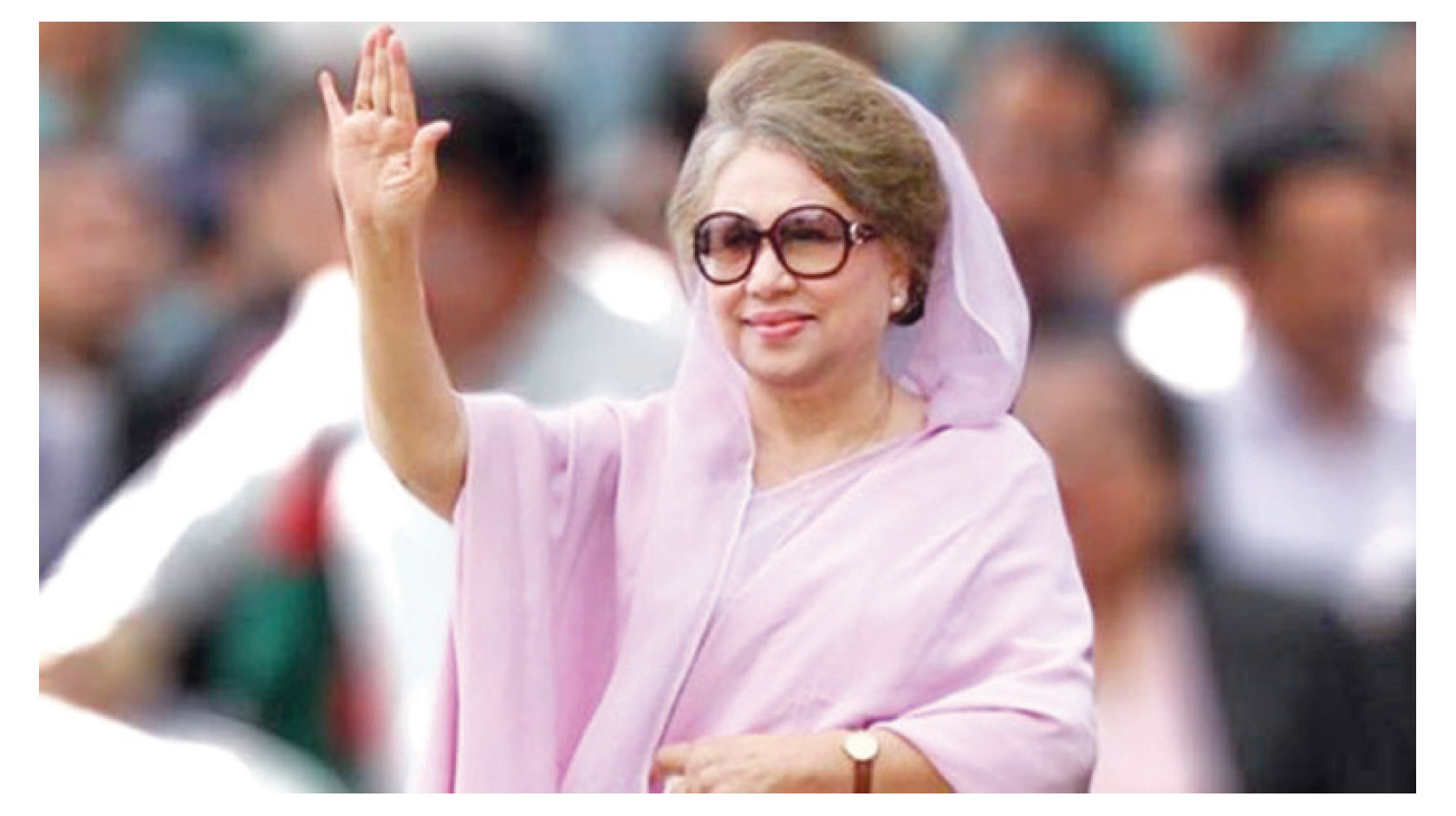
Today’s politics is increasingly dominated by hostility, personal attacks and a dangerous trend of silencing the opposition. It appears that a sense of mutual respect towards each other has become a rare quality among politicians. And vile language and mudslinging have become quite common. This is not a part of genuine politics; nor is it what politics should teach. In fact, true politics is the art of governing, where leaders seek to guide society with integrity and vision. Unfortunately, our current political landscape has transformed into a contest of crushing dissent. But, great leaders in history upheld respect for differing views – a trait that made them admired.
In this intolerant political environment, Begum Khaleda Zia stands as a shining exception. Since her release following the 5 August uprising, despite her fragile health, her composed and dignified behaviour has earned her nationwide admiration. Regardless of political affiliation, people are drawn to her patience and forgiving nature. She has become a most respected figure in the current political arena of Bangladesh, winning hearts with her graceful attitude and balanced words. She entered politics to fight for the people’s rights and faced persecution. But she never compromised her values. Her criticism against opponents has always been firm yet modest, never descending into disgraceful words or personal attacks.
During the harsh days of 2007 under the Fakhruddin-led regime, Begum Zia was imprisoned along with her sons. The campaign to defame her was intense. Yet, even after regaining freedom, she criticised her oppressors while remaining within the bounds of decorum. She refrained from personal insults, showing a commitment to ethical politics. Again in 2018, she was jailed under a fabricated case. Publicly humiliated and severely ill, she still did not retaliate with any harsh words upon her release. Her only response was a prayerful acknowledgment to God. Her silence was not weakness but strength, placing her above petty vengeance. Thus, her restraint and grace became her greatest protest.
Begum Zia was forcibly evicted from her historic home on Moinul Hossain Road during the Awami League regime. Despite the cruel treatment, she remained composed and did not resort to any undignified speech. She never responded to the vile propaganda surrounding her home, upholding the poise of a true leader. Her speeches consistently focus on national unity, welfare and collective progress, never on division or destruction. Even from London, where she went for medical treatment, her messages to party members have been devoid of hate or incitement. She has shown that a leader can inspire without resorting to vulgarity – a mark of political maturity.
Approaching the age of 80, Begum Zia remains immensely popular. When the political arena grows more vicious; character assassination and power abuse are rampant, she emerges as a moral light. Her example teaches that it is possible to disagree even without being disagreeable to others, to uphold ideals without losing one’s humanity. She never seeks revenge but embodies a true democratic grace. In the face of immense injustice, she has left judgment to the people. Even after her release, she has never spoken of her own suffering; but she has instead chosen to speak of national dreams and rebuilding. Her leadership is defined by compassion and a deep sense of duty.
Common people now consider her not merely as a political leader, but as a guardian of the nation. Her love for the country has raised her to unparalleled heights. She does not defeat her rivals with muscle or malice, but with the overwhelming support and love of the people. In a political scene crying out for magnanimity and grace, Begum Khaleda Zia stands as a luminous example — a reminder of what true leadership looks like.
The writer is a playwright and columnist. E-mail: [email protected]

